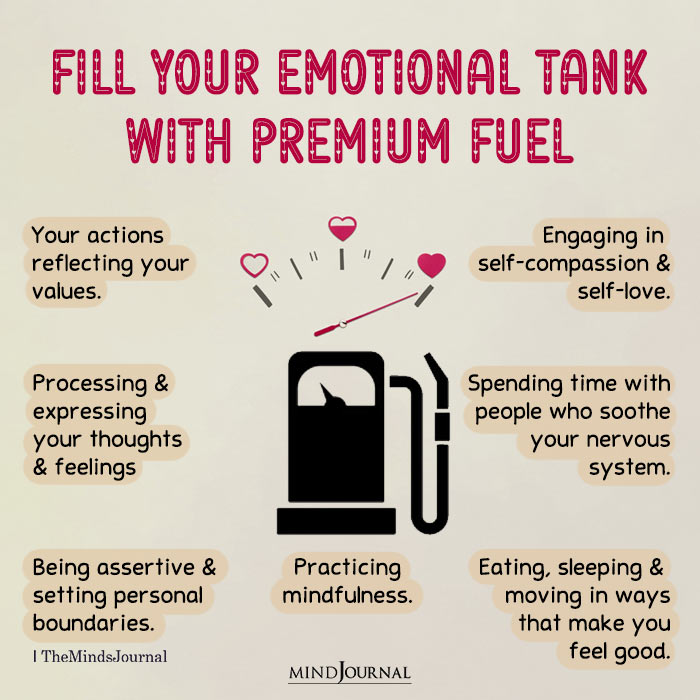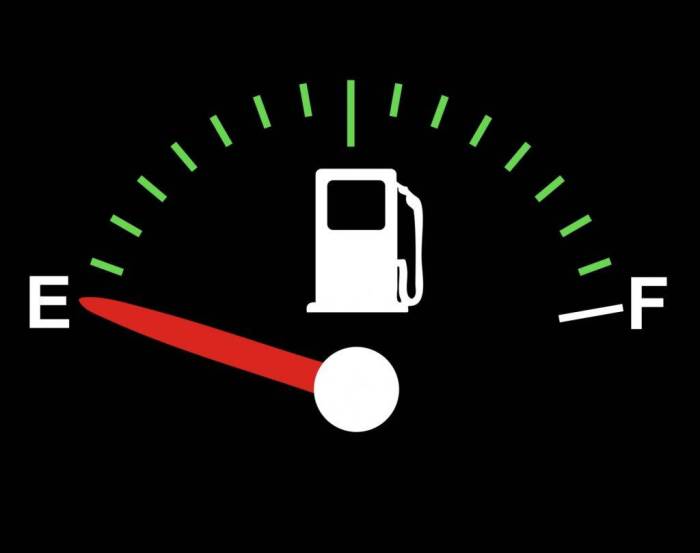The concept of things that tend to fill a player’s emotional tank encompasses a range of activities, relationships, and experiences that contribute to overall well-being. This guide delves into the specific factors that replenish emotional energy, foster social connections, provide a sense of purpose, and promote self-care.
Understanding the importance of these elements empowers individuals to cultivate a fulfilling and emotionally balanced life.
Types of Activities that Replenish Emotional Energy

Engaging in activities that bring joy and satisfaction can significantly contribute to emotional well-being. These activities stimulate the release of positive emotions and hormones, creating a sense of contentment and fulfillment. Hobbies, passions, and social interactions are prime examples of such activities.
Hobbies and Passions, Things that tend to fill a player’s emotional tank
- Pursuing hobbies that align with one’s interests and talents can provide a sense of accomplishment and mastery.
- Engaging in creative activities, such as painting, writing, or playing music, can facilitate emotional expression and reduce stress.
- Participating in physical activities, such as sports or dancing, can release endorphins and promote a positive mood.
Social Interactions
- Meaningful relationships provide a sense of belonging, support, and validation.
- Social interactions stimulate the release of oxytocin, a hormone associated with bonding and attachment.
- Sharing experiences, engaging in conversations, and receiving emotional support from others can enhance emotional well-being.
Social Connections and Emotional Fulfillment

Establishing and maintaining meaningful relationships is crucial for emotional well-being. Social connections provide a sense of belonging, support, and validation, which contribute to overall happiness and fulfillment.
Empathy and Communication
- Empathy allows individuals to understand and share the emotions of others, fostering a sense of connection.
- Effective communication facilitates the expression and understanding of emotions, strengthening relationships.
- Sharing experiences and perspectives with others can create a sense of community and reduce feelings of isolation.
Belonging and Support
- Feeling part of a group or community can provide a sense of purpose and belonging.
- Social support involves receiving emotional and practical assistance from others, which can buffer against stress and enhance resilience.
- Having people to rely on for support can reduce feelings of loneliness and improve overall well-being.
Accomplishments and a Sense of Purpose: Things That Tend To Fill A Player’s Emotional Tank

Achieving goals and making progress contribute significantly to emotional well-being. Accomplishments boost self-efficacy, motivation, and a sense of purpose, leading to increased happiness and fulfillment.
Self-Efficacy and Motivation
- Accomplishing goals enhances self-efficacy, the belief in one’s ability to succeed.
- Self-efficacy motivates individuals to set and pursue challenging goals, leading to further accomplishments.
- Motivation drives individuals to persist in the face of obstacles, fostering a sense of purpose and fulfillment.
Purpose and Fulfillment
- Having a sense of purpose provides direction and meaning to life.
- Accomplishing goals related to one’s purpose can create a sense of fulfillment and satisfaction.
- Making progress towards meaningful goals can increase happiness and reduce feelings of emptiness.
Essential FAQs
What are the key activities that replenish emotional energy?
Engaging in hobbies, pursuing passions, and fostering social interactions can significantly contribute to emotional replenishment.
How do social connections contribute to emotional fulfillment?
Meaningful relationships provide emotional support, a sense of belonging, and opportunities for empathy, communication, and shared experiences.
What is the relationship between accomplishments and emotional well-being?
Achieving goals and making progress fosters self-efficacy, motivation, and a sense of purpose, all of which contribute to emotional fulfillment.
How does self-care promote emotional health?
Practices such as meditation, mindfulness, and exercise help regulate emotions, reduce stress, and improve mood.
What is the impact of nature on emotional well-being?
Spending time in nature has been shown to reduce stress, improve mood, and promote a sense of peace and tranquility.
